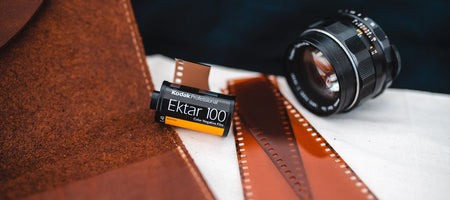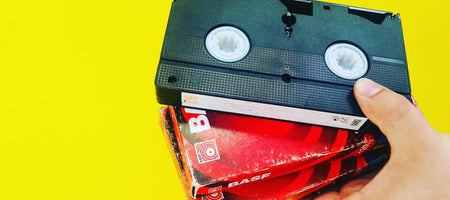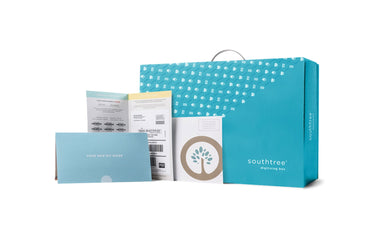Nowadays, we have a lot of different ways to record and listen to music.
But before the era of digital audio and CDs, cassette tapes were the go-to method for listening to music on-the-go, in the car, or on a more affordable system.
Cassette tapes have been around since the early 1960s, and believe it or not, the recording device is still being used to this day for listening to music. Until the mid-2000s, cassette tapes were always the #2 most common formats for recorded music (first behind vinyl, and then behind CDs). In fact, cassette tapes became so popular that cars started including built-in cassette players within five years after the technology was invented.
With so much popularity in the music industry and general public, does this mean cassette tapes sound better than other formats of music? Is that the main reason why the cassette tape has been able to survive for decades even after the introduction to CDs?
It may seem like quality sound is the reason for cassette tape longevity, but it’s actually the contrary. Cassette tapes are notorious for “hissing,” “fuzzy,” and “snap and crackle” sounds whereas CDs and vinyl have a much crisper resonance.
The quality of sound is scaled on the dynamic range, frequency response, and the signal-to-noise ratio. In all three of these measures, the cassette tape has a poorer quality measure than CDs and vinyl.
But unless you’re an expert audiophile, you might not notice these differences as much. Moreover, some listeners and diehard analog fans prefer the static flare cassette tapes provide!
Another limitation with cassette tapes is the magnetic tape technology used to make the audio recordings. Magnetic tape devices record sound on a thin layer of magnetic coating that reacts when it comes close to a magnetic field. Unfortunately, the magnetic layer deteriorates over time. The layer will break down regardless, but it does decline at a faster rate if overplayed or exposed to light, humidity, heat, and dust.
This means it’s important to digitize your cassette tapes, especially if you’ve had them for a few decades!













